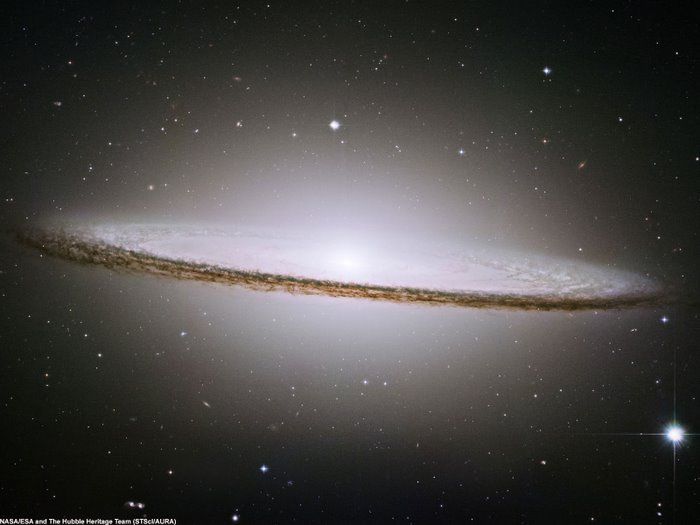James Gardner's book Biocosm advanced the idea of evolution and reproduction on a universal scale. I have not read Biocosm, however Gardner's subsequent book The Intelligent Universe followed up and expounded on the theory.
Common criticisms of this theory (and many other ideas set forth here) include the difficulty in performing experiments or providing other proof to confirm the theory, thus arguably placing it outside the realm of science.
However, Gardner asserts there are some predictive and testable aspects to the theory.
As Gardner explains in
this article, any explanation of our reality will ultimately have to account for the incredible fine tuning necessary for life, or any complexity for that matter, to exist at all.
The essence of the Selfish Biocosm hypothesis is that the universe we inhabit is in the process of becoming pervaded with increasingly intelligent life—but not necessarily human or even human-successor life. Under the theory, the emergence of life and increasingly competent intelligence are not meaningless accidents in a hostile, largely lifeless cosmos but at the very heart of the vast machinery of creation, cosmological evolution, and cosmic replication. However, the theory does not require or even suggest that the life and intelligence that emerge be human or human-successor in nature.





